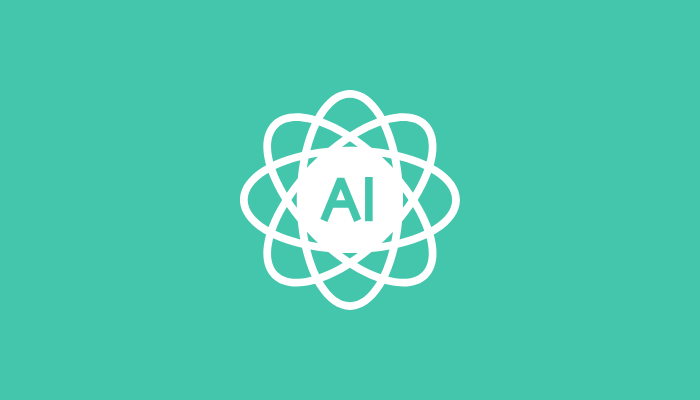Table of Contents Show
In a surprise livestream titled “Deep Research”, OpenAI introduced its latest AI advancement—an agentic AI model capable of conducting in-depth, multi-step research. This new feature is designed to discover, analyze, and synthesize online information while applying advanced reasoning to refine its results.
What Is Deep Research?
Deep Research marks a significant step forward in AI’s ability to autonomously conduct research, making it a powerful tool for knowledge workers, analysts, and researchers. Its key abilities include:
- Online content discovery: Finding and analyzing large datasets.
- Information synthesis: Organizing research into meaningful insights.
- Reasoning and refinement: Asking clarifying questions to ensure accuracy.
The feature is rolling out first to ChatGPT Pro users, with Plus and Team users gaining access soon.
Is Deep Research Linked to OpenAI’s “Strawberry” Project?
Leaks in 2024 hinted at an OpenAI project called “Strawberry”, formerly known as Q*, focused on human-like reasoning. While OpenAI has neither confirmed nor denied its connection, Deep Research’s abilities align closely with the goals of the secretive initiative.
Public Reactions & AI Industry Impact
The announcement sparked excitement and skepticism:
Some users on X.com joked, “Hope this research includes the secret to waking up early!”
Others raised concerns over transparency and control in AI-driven research.
AI experts see this as a pivotal step toward fully autonomous AI research agents, a move that could redefine industries relying on data analysis.
A Step Toward AI-Powered Research Agents
CEO Sam Altman has emphasized reasoning as AI’s next frontier. With Deep Research, OpenAI is moving closer to AI-driven research assistants that can analyze and synthesize complex information with minimal human input.
While it remains to be seen whether Deep Research is a game-changing innovation or just another AI experiment, its potential is undeniable.












